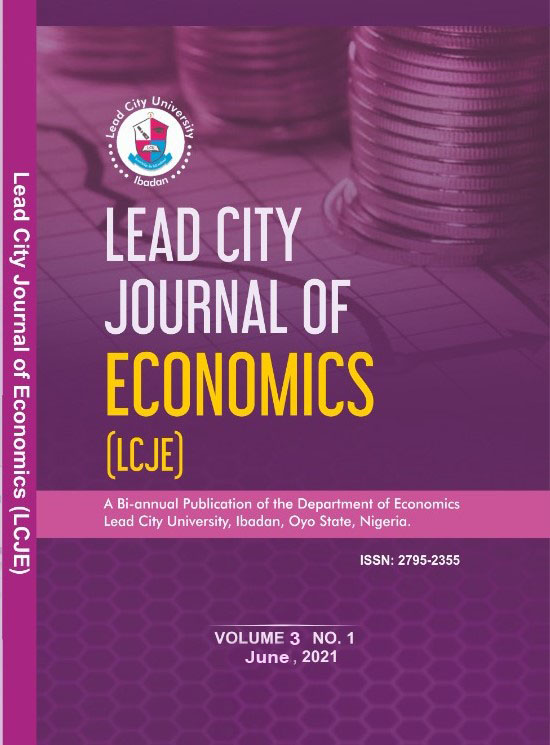Globalization, Environmental Sustainability and Income Inequality in ECOWAS: A Casual Approach
Keywords:
Trade, FDI, KOF globalization index, CO2 emissions, ecological footprint, inequalityAbstract
Over the last years, developmental economists, policymakers, and stakeholders have focused on
the macroeconomic effects of globalization, environmental sustainability and income inequality
in the developing economies. Despite globalization and environment sustainability being
recognized as factors of income inequality, studies on ECOWAS region are scarce and
contradictory due to inappropriateness of proxies and methodologies. This study investigates the
causal relationship among globalization, environmental sustainability, and income inequality
in ECOWAS within the periods 1996-2019. Using the panel Granger casualty estimator,
the findings showed that environmental sustainability and globalization have no causal link
with income inequality. Trade openness has a uni-causal link with carbon emissions. Also,
carbon emissions Granger cause changes in ecological footprints, implying that environmental
policies aimed at reducing CO2 emissions can positively impact ecological footprints. As well,
income growth Granger causes increased globalization, implying that policies promoting income
growth can foster globalization. The study recommends that environmental friendly policies
such as renewable energy incentives and carbon pricing to reduce carbon emissions while
promoting pro-poor growth plans. Also, green trade initiatives that align with climate goals as
well as trade agreements need to be implemented to promote sustainable practices.

